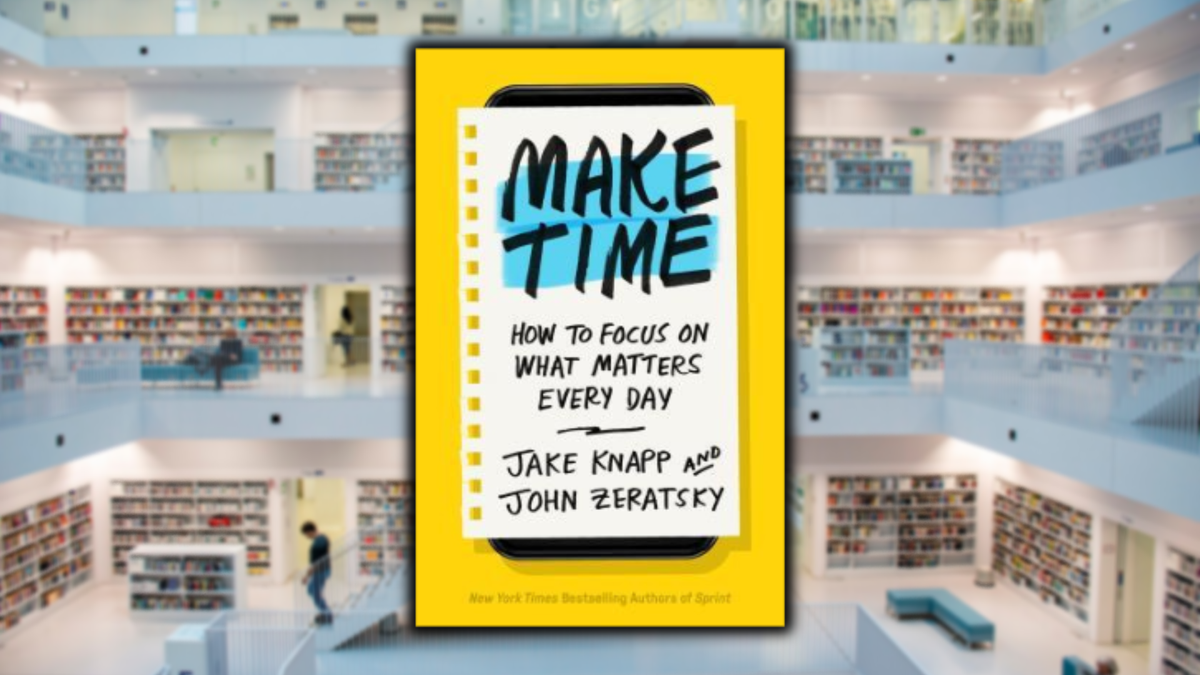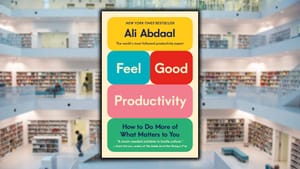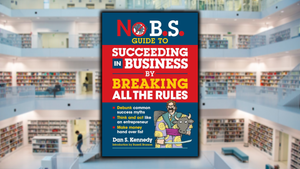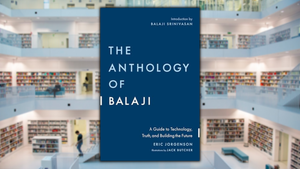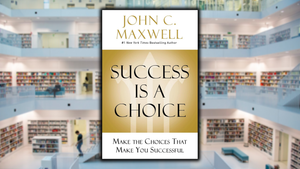
This Book is For:
*People who feel completely overwhelmed by how much there is to do, how much the modern world expects of them, and how hard it is to make positive, lasting changes in their lives.
*Anyone who wants a straightforward, easy-to-understand system for making even just a little (or a lot) more time for what truly matters, and for ditching what doesn't.
*High-performers and super-achievers who want to gain a competitive edge against a global system designed and optimized for stealing their attention and focus away from what will really make a difference in their lives and businesses.
Summary:
“There is more to life than increasing its speed.”
-Mahatma Gandhi
Books are like a handful of silence, and books like Make Time are like an oasis of sanity and calm within the chaos of our busy, ever-accelerating lives.
The authors, Jake Knapp and John Zeratsky are two tech innovators with deep domain experience and expertise who recently made the shift from being part of the problem to being part of the solution.
Between the two of them, they've positively impacted Silicon Valley culture through their "design sprints" at Google, and they're responsible for helping to develop awesome tools and resources that many of us use (and misuse) every day, such as Gmail and YouTube.
They've also spent years experimenting with their own habits and routines and engaging thoughtfully with the deeper questions of the proper role of technology in our lives, and the end result is this book.
Make Time presents a dead-simple, 4-step system for setting daily targets, improving focus, eliminating distractions, optimizing energy, and reflecting on what works for you and what doesn't so that you can begin to design your days and become the intentional architect of your own life.
Very simply, it goes like this:
Step 1: Select one activity, task, or project to be the main focus of your day.
Step 2: Direct your attention completely toward accomplishing that one thing.
Step 3: Fuel your body to give your mind the energy it needs to stay on task.
Step 4: Assess what worked best to improve your focus, and what you could do differently next time.
Jake and John also identify two primary obstacles to deep focus and daily joy, which they refer to as Infinity Pools and the Busy Bandwagon.
Briefly, something is an Infinity Pool if you can scroll or refresh at any time to access a virtually infinite reservoir of new and stimulating content that's designed to constantly pull you away from your most important work. Think YouTube, Gmail, Netflix, etc.
The Busy Bandwagon refers to the always-on, go-go-go ethos of relentless productivity and 24/7/365 access to your mind by anyone who wants you to place their priorities ahead of your own. Demanding bosses, unrealistic expectations of coworkers, the treadmill of email, etc.
Every good story needs an enemy or a villain, but in the View from the Opposition section below, I argue that Infinity Pools and the Busy Bandwagon are not the only enemies of distraction that we face.
I'll be referencing the book Stolen Focus, by Johann Hari (highly recommend), to show that the problem of shattered attention and weakened focus is deeper and more pervasive than what's discussed in Make Time.
That being said, Make Time isn't supposed to be a complete diagnosis and cure for the state of distraction in the world today - it's just supposed to help you make some time for the things that are actually important to you and to bring more joy into your work and your life. And at that task, the book succeeds beautifully.
Alongside the 4-step strategy for making time, the authors include 87 different tactics that will actually help you do that!
They also place a heavy emphasis on experimentation, making a case for trying out the tactics that look interesting, useful, or doable, reflecting on what works for you and what doesn't, and trying again tomorrow.
They also don't always agree on all of the tactics, and so often you'll have extremely helpful asides from each author explaining why one of them thinks a certain tactic is a good idea, and why the other author doesn't use it in his life.
The whole book feels like a conversation between the two of them and the reader - like the person reading it is a really terrific friend of theirs that the authors want to see succeed and be happy.
Speaking for myself, I think the experimental approach is the right one. Any one of these 87 tactics could be life-changing for you, but that same tactic may do nothing for me, and vice versa.
For example, I've adopted a "Clear Home Screen" philosophy for my smartphone, and I'll never go back to having all these icons cluttering up my screen, with the little red numbers and dots and everything screaming at me that I have notifications waiting for me.
I also have something I call a "follow-up list" where I write down any errant thoughts that come to me while I'm working on something so that I can...follow up...later.
We'll get into all these tactics and ideas below, but perhaps the biggest thread running through the whole book is the commitment to mindfully addressing the defaults in our lives.
Often, the reason why we do something is that we've always done it that way, or the phone came that way, etc., when it's really not the best thing at all for our focus and our capacity to pay attention to the things that really matter to us in our lives.
Gaining distance from your defaults is going to be one of the greatest benefits that this book will give you. It's also uniquely difficult to do, because, by definition, defaults are basically habits. They're automatic, and so we need a consciously-chosen system for changing those defaults.
Make Time is that system; Jake and John are your friendly and knowledgeable guides, and freedom is about to become your new normal.

Key Ideas:
#1: Infinity Pools and Busy Bandwagons
“Infinity Pools are apps and other sources of endlessly replenishing content. If you can pull to refresh, it's an Infinity Pool. If it streams, it's an Infinity Pool. This always-available, always-new entertainment is your reward for the exhaustion of constant busyness."
There are at least two giant, ugly forces conspiring to steal away your focus and attention, and therefore, your life. They are Infinity Pools and the Busy Bandwagon, both of which we'll discuss briefly here.
Infinity Pools, as explained in the Summary above, are basically any app or service with a near-infinite supply of content that's capable of keeping you distracted until the end of your days.
They're literally designed to be as addictive as possible, and their business model is distraction. They make money based on how long they can distract you from your biggest dreams and ambitions, and the longer they hook you for, the more advertising you see, and thus the more money they make.
This isn't necessarily an "evil" thing or even a "bad" thing. Everyone needs money to survive, and many of these apps and services do make our lives unquestionably better. But is distraction what you want your life to be about? Isn't there more than this?
Equally destructive as the endless distraction offered by the Infinity Pools is the ethos of constant busyness drilled into us by the "Busy Bandwagon," or the idea that we always have to be "productive," and "moving forward" if we want to be seen as valuable members of society.
Being busy nowadays is seen as a sign that you're really "making something of yourself," and so there's this constant pressure to perform, to be available, to be "online." Well, that's nonsense, and you simply have to pull back from this cultural gravity if you want to make time for what's most important to you in life.
Ryan Holiday makes an incredibly valuable distinction between "alive time" and "dead time," but to people on the Busy Bandwagon, alive time just means cramming more and more stuff into each day in a hectic and reckless pursuit of productivity. Even worse, the more productive you are, the more productive people expect you to be.
Real alive time is so much more than that, however, and you need to fight back against these two forces if you truly want to come alive.
But, by their very nature and design, Infinity Pools are extremely tough to pull yourself out of, and the Busy Bandwagon doesn't make it easy on anyone to simply jump off and go their own way. So how can we escape these two forces?
#2: The 4-Step Strategy for Making Time
“The first step is choosing a single highlight to prioritize in your day. Next, you'll employ specific tactics to stay laser-focused on that highlight. Throughout the day, you'll build energy so you can stay in control of your time and attention. Finally, you'll reflect on the day with a few simple notes."
The above quote gives a pretty good overview of the 4-step strategy laid out in Make Time. We're going to discuss each element of this strategy here in this Key Ideas section.
First comes choosing your Highlight, which is basically the ONE Thing that you want your day to be about. Ideally, it would be something that is important, gives you satisfaction, or leads to joy, and perhaps even all three.
Second, you'll create the conditions for perfect focus, or what the authors call Laser mode. This involves expanding your freedom from, and freedom to. More on that later.
Next, we'll discuss amping up your energy, which really is one of the major keys to making time, and getting the most out of your life in general. As the Romantic poet William Blake wrote, "energy is eternal delight."
And finally, you reflect on how your day actually went, what you did well, what you could improve on or adjust going forward, and what, specifically, you want tomorrow to look like.
#3: The Highlight of Your Day
“When you schedule something, you're making a commitment to yourself, sending yourself a tiny message that says: 'I'm going to do this.'"
Your Highlight is something that, if it were the only thing you did or accomplished that day, you could call that day a success.
Of course, you're going to do many more things in any one day than just your Highlight, but it's the ONE Thing that you're going to make sure that you make time for each and every day.
It'll likely change every day or most days, but one of the keys to making time for what's important is to schedule that thing first and then schedule everything else around it.
Crucially, you want to choose your Highlight ahead of time. It's not about looking back to see what the Highlight of your day was, but rather it's about choosing what you want the Highlight of your day to be.
The authors suggest choosing something that you can do or complete within 60-90 minutes, although of course, you could also break up something that'll take longer into several Highlights.
For example, building a play fort in the backyard for your kids could be your Highlight, but instead of trying to finish it in 90 minutes (unlikely), you could make it the Highlight for several days in a row, and then do 60-90 minutes of work building it each day.
To help you choose your Highlight, the authors also suggest that it be something that's either important, satisfying, or joyful. I think those are good criteria for making your choice.
Your Highlight should be something that absolutely needs to get done at some point (so why not make it your Highlight for today?), something that you'll look back on with satisfaction after having completed it, and/or something that brings you a lot of joy in the process of actually doing it.
A few more key points to keep in mind:
*Your Highlight should be bigger than just a 10-minute to-do list item, and smaller than a whole project.
*If you don't finish your Highlight in one day, you can just make tomorrow's Highlight the completion of today's Highlight.
*You can bundle several smaller tasks into one Highlight that takes 60-90 minutes in total. This gives you the added benefit of clearing your mind by clearing away all these minor drags on your attention all at once.
*You should consider blocking regular time in your calendar for your Highlight, whenever that makes sense in your schedule. If it appears at the same time every single day, you'll get into the habit of dedicating that time to your most important work, and your wins will stack on top of each other day after day, week after week.
*Perhaps most importantly, you need to write your Highlight down. Make it real by writing it in your calendar or wherever else you're likely to see it. And then treat it with the respect it deserves by thinking of it like an appointment with yourself that you would never break.
#4: Get Laser Focused
“Product designers like us have spent decades removing barriers to make these products as easy to access as possible. The key to getting into Laser mode and focusing on your Highlight is to bring those barriers back."
Effective barriers are the key to focus. Like Odysseus in Homer's epic, you have to plug your ears against the siren calls of the Infinity Pools and the endless demands of the Busy Bandwagon and get down to the real business of living.
This involves both an element of freedom from, as well as freedom to.
Barriers are an example of freedom from, because you're blocking out distractions and cutting out all the noise so that you can focus. Barriers create freedom from distraction.
Building up your energy levels, which we'll tackle next, has to do with freedom to, because you're giving yourself the personal power you need to dedicate toward achieving your goals. Once you have your energy and vitality back, your freedom to pursue what's important to you returns as well.
You could have a completely distraction-free iPhone and a clear calendar, but if you don't have energy and drive, you likely won't do anything with that newfound freedom from. With this two-pronged approach, you're blocking out by erecting barriers against distraction and tuning in by increasing your work capacity and energy levels.
There are a ton of tactics in this book that will help you distance yourself from distractions, but I'll just lay out a few of them here.
First, you can log out of any Infinity Pools that you have on your phone or computer. It's all about adding friction - making it more difficult to engage in self-destructive behavior instead of doing something meaningful and important with your time.
Even just the few extra seconds and the little bit of effort it takes to remember your password and type it in can stop you from actually doing it. Or, at least, it will give you the space and the mental clarity to be able to ask, "Do I really want to be distracted right now?"
Of course, you could also just remove those apps and services in the first place (probably saving yourself quite a bit of money in the process!) and maintain a distraction-free iPhone.
At the very least, you can disable notifications and make it so that only emergency contacts get through. I do this myself and it works wonders. I get text notifications and phone calls - and nothing else. If I want to see if more people followed me on Instagram or whatever, I actually have to go into the app to do it. Most of the time, I just don't.
Another thing you can do is skip the morning check-in. Most people - myself included, if I'm being honest - reach for their phones first thing in the morning to "make the rounds" and check emails, socials, etc. Personally, this doesn't really have a negative effect on my life or productivity, so I find that I can still do these check-ins and have it not harm my focus too much. But people are different, and that's why there's such a big emphasis in this book on personal experimentation.
If checking your email as soon as you wake up fills you with dread and exposes you to near-instant negativity before you can even think straight, then maybe you should wait an hour before you log on, just to give yourself space to step back and make time for focus and peace.
Email is another huge focus-killer, as many people are painfully aware. It's a vicious cycle too, because, as the author of Four Thousand Weeks describes, the better you are at responding to email the more emails you get, so you end up running down this negative email spiral that's very tough to get out of.
Fortunately, there are a ton of things you can do here, such as unsubscribe to as many mailing lists as possible (except the Stairway to Wisdom, of course!), batch your emails either at the beginning or end of your day, and manage the expectations of your coworkers, which strategy is discussed in the Book Notes section below.
#5: Energize
“Working till exhaustion makes us more likely to fall behind by robbing us of the rest we need to prioritize and do our best work. Trying to cram in just one more thing is like driving a car that is running out of gas: No matter how long you keep your foot on the accelerator, if the tank is empty, you aren't going anywhere."
A complete program for optimizing your recovery and maximizing your performance is beyond the scope of this book, but Make Time touches on the main elements of creating one for yourself. And fortunately for us all, it doesn't have to be complicated.
By focusing your efforts on just four main areas - sleep, diet, exercise, and social connection - you can get most of the benefits that you could get from some absolutely perfect, totally complete system that would take up your entire day.
No one has time for that, and so for most people, the right approach is the "80/20" way of doing the 20% of things that will lead to 80% of the results. If you have more time, you can do more, and perhaps squeeze out some marginal energy benefits and all that, but instead of buying a whole bunch of expensive supplements and gadgets, you can just focus on those four main areas.
To tackle your sleep, I highly, HIGHLY recommend the book, Why We Sleep, by Matthew Walker, which goes much further in-depth on all this stuff, but really, you just need to make a few key changes to your sleep routine to get the majority of the benefits.
For starters, most people need between 7-9 hours of sleep each night, and that's non-negotiable. You might be able to get away with less for a little while, but it will catch up to you, and you will start to build up a "sleep debt" that will wreck your focus and make you less productive every hour that you're awake when you should be sleeping.
You'll also want to make some simple changes like keeping your phone and other electronic devices out of your bedroom at night and turning off all screens at least an hour before bed.
Going to sleep when it gets dark and rising with the sun obeys your body's natural rhythms and keeps you within the sleep pattern that human beings evolved over hundreds of thousands of years to respond to the best.
For exercise, that doesn't need to be complicated either. It's all about adding extra movement to your day, even if that means adding "planned inconveniences" like parking further away when you go to the grocery store, taking the stairs instead of the elevator, and generally choosing to walk and move around more often than you sit. Twenty minutes or so of exercise doesn't sound like a lot, but it's plenty when it comes to boosting your mood and energy levels.
Diet is another huge topic that I can't cover completely in just a paragraph, but I can lay out the basics in just one sentence: Eat less, eat fewer processed foods, avoid sugar and chemicals, get enough protein, make sure you drink plenty of water, and add greens wherever possible. That's really it. Again, you could go super in-depth with supplements and diet trackers, and so on, but the basics will carry you most of the way.
The same goes for the social connection element! Just spend more time with people! Get out there in the middle of humanity, extend kindness to others, join groups, see friends as often as possible, and have real conversations with real people, preferably not from behind a screen.
For most people, not much of what I've just laid out here will be new or groundbreaking. But that's just the thing. These are basic, foundational elements of well-being, but when you neglect them, you break down.
When you do have these basic elements in place, though, everything about your life gets better, setting off a positive compound effect where you will have more energy, which will help clear your mind, which will help you focus, which will help you make more time.
#6: Time to Reflect
“Life can only be understood backwards; but it must be lived forwards.”
-Søren Kierkegaard
Socrates famously said that "the unexamined life is not worth living." While that may be a bit extreme (I believe that all life is worth living), there's no question that repeated reflection, and taking action on what you learn from that reflection unquestionably makes your life better.
How can you improve on something if you don't know exactly how it's going now?
What gets measured gets managed, and so this fourth step of the Make Time strategy is all about looking back, asking what worked and what didn't, and seeing where you could improve going forward.
This should be kept as simple as possible (but no simpler), because it's true that the slightly imperfect system that actually makes your life better is much more effective than the absolutely perfect system that you never even use.
So to utilize reflection, simply take a few minutes at the end of each day and ask yourself a few questions about how it went. Take a look at your Highlight, and see whether you made time for it, how effectively you were able to use that time, and what you might want your Highlight to be for tomorrow.
Look back at the tactics you used that day and see if they worked for you. If you were to use the same tactics tomorrow, would you change anything about the way you implement them? Was the type of exercise you got today something that you can see yourself maintaining for a longer period of time? Is there a new tactic that you want to try?
Go through each element of the Make Time strategy - Highlight, Focus, Energize - and take stock of how well you were able to make it work for you and fit into your life.
That's it! It doesn't have to be complicated, and the simpler and easier it is to do the more likely you'll keep doing it again and again until it's a habit - until it's just something that you do.
#7: The Compound Interest of Focus
“Read 500 pages like this every day. That’s how knowledge works. It builds up, like compound interest."
-Warren Buffett
Compound interest is one of the most powerful forces in the universe (I'm pretty sure that the only stronger forces are love and gravity!), and it also applies to your levels of focus.
With compound interest, the largest benefits are delayed, with the biggest spikes - in money, knowledge, and focus - coming at the end.
In the beginning, you're starting with just a little bit of money, but then it grows exponentially until you have vastly more than you started with.
Focus works the same way, in that if you keep interrupting yourself in the beginning, you'll never really get into those deep focus states where you experience the greatest productivity benefits.
The brain incurs switching costs as you move from task to task, and what many people think of as multitasking doesn't really exist; it's just your brain switching back and forth really fast, and each time that it does that, the brain's effectiveness deteriorates. The value of multitasking is a myth - at least for complex tasks requiring focus.
What this all means is that once you sit down to work, every single time you get derailed or let distractions creep in, you're halting the compound interest of your focus - it never gets a chance to build up into something extremely powerful.
In fact, it can take nearly half an hour to really get going once you sit down to work, and it's estimated that most office workers in America today never get one single solitary hour of uninterrupted time in order to do any sort of "deep work" at all.
Think of it like drawing from your investments while the market is going up and up. You probably wouldn't spend $100,000 today if you thought that there was a good chance that it could turn into $120,000 in the near future, so why would you do the same thing with your focus and attention?
#8: Beware of "Time Craters"
This is another breakthrough idea that made immediate, total sense to me when I first read about it in Make Time. It's similar to the compound interest of focus that we discussed above in that it will make you keenly aware that there are no "small" wastes of time. It all counts.
Okay, so picture a meteor striking the Earth. Great, a nice, happy image. Or, wait...let's say the Moon - yea, that's better. Alright, so picture a meteor smashing into the surface of the Moon and think about the curious fact that even a relatively small rock can cause a massive crater to appear in the spot where it crash-landed. Timewasting activities do that to our focus.
We think that we're just typing out a tweet, or commenting on an Instagram post, but those simple actions leave a crater in our day that far outweighs the amount of time that we originally planned to spend on them.
For example, sending a tweet takes two minutes or less, but coming back to Twitter again and again throughout the day, thinking about how people are reacting to that tweet, responding to comments, etc., all take up time, and so the 2-minute meteor of sending the tweet turns into a 30-minute crater of distraction.
These time craters are everywhere in our day, and they show up in the most astonishing places.
It's not just the YouTube rabbit holes we disappear down or the angry Instagram comment that leaves you stewing for 15 minutes about how stupid that guy was; there's also the decision to cut your sleep back by 1 hour last night that caused you to be less effective for the 17 hours you're awake for today. It's the email you look at but don't respond to that you have to come back to the next day and spend 5 minutes thinking back to what it was actually about.
This is more damaging than it first appears, because even if you spend just 15 minutes each day reacquainting yourself with the details of something you could have completed yesterday in no time at all, you've wasted 91 hours a year. That's a massive crater! You could have read 9 books in that time!
So look for these time craters and try to anticipate their "second-order" effects wherever you can. Even just being aware of their existence will help you avoid them.
#9: Discipline Equals Freedom
“In reality, a structured day creates freedom. When you don't have a plan, you have to decide constantly what to do next, and you might get distracted thinking about all the things you should or could do.
But a completely planned day provides the freedom to focus on the moment. Instead of thinking about what to do next, you're free to focus on how to do it. You can be in the flow, trusting the plan set out by your past self."
Planning out your day in advance isn't the horrible deprivation that many people make it out to be. Rather, it's a kind of "positive limiting" of your freedom in one area in order to give yourself much greater freedom in another area. Limiting yourself in one way gives you the freedom to pursue other things you may want that are even more important to you.
It's a balancing act between some structure now and more freedom later, and eventually you're going to get better and better at predicting just how much structure is enough, and how much is too much.
Total freedom sounds nice, but in practice, it's actually total chaos. It's a kind of false freedom that will have you constantly being pulled in different directions, never making progress in any one area. Odds are, there's too much chaos in your life already, so for most people - and I came to this realization myself - it's time to add some structure.
The great news is that this intentional limiting of your possibilities is being made by you for Future You. The "higher level" You that knows what you want to achieve in the future, and who understands that at least a few sacrifices have to be made now in order to get to that future, is making these initial decisions, so the feeling of deprivation won't be so extreme.
You'll realize that you're actually doing something good for yourself and that you actually have your own best interests at heart. That will help increase your willingness to make short-term sacrifices for what you want.
An added benefit that the authors mention too is that having some sort of general idea of how you want your day to go and what you'll be doing allows you to settle into flow and actually do it, with full intensity, instead of constantly having to step back and make all these little decisions about what to do. Making the decisions beforehand gives you even more freedom to just enjoy the present moment.
#10: No Price is Too High for the Privilege of Owning Yourself
“Despite the consequences, I am so much happier now. Dramatically, drastically happier. When I 'hit bottom,' I felt like I had lost control of my own brain. There is no social media meme or planning convenience that can compete with the feeling of having my mind back."
The creators of the Infinity Pools and the people who perpetuate the Busy Bandwagon way of life don't really care about you.
In the age of surveillance capitalism, the more these tech designers can get you hooked and feeding your personal information and preferences into their apps and databases, the more money they can make from advertising.
So, as great and as entertaining and worthwhile as some of these Infinity Pools can be, we have to realize that their profit motive is not aligned with our best interests, and certainly not with our happiness and satisfaction in life. They just do...not...care.
And do you think that the always-on, go-go-go Busy Bandwagon-jumpers are going to stop their relentless acceleration to make sure that your highest, innermost human needs are being taken care of too? Of course not!
That's not to say that they're bad people, or that the system is "evil" or anything like that - it's just that you can't rely on your captors to set you free.
You have to pull yourself away from the Infinity Pools and back into real life. You are the one who has to fight back against the cultural gravity of the Busy Bandwagon ethos and make a real life for yourself. You can do it, and not only that, but you're the only one who can.
Once you successfully put some distance between yourself and the world of constant busyness and distraction, you will return to a world of more personal freedom and possibility than anything you'll ever find behind some screen. Personal freedom and self-determination are more awesome than anything that's dreamt of in the "busyness" philosophy.
The time is now, and your freedom can't wait.
Whatever you feel like you're "missing" if you're not always "on" and "up-to-date" is nothing compared to what's available once you take back control of your own schedule, your own mind, and ultimately, your own life.
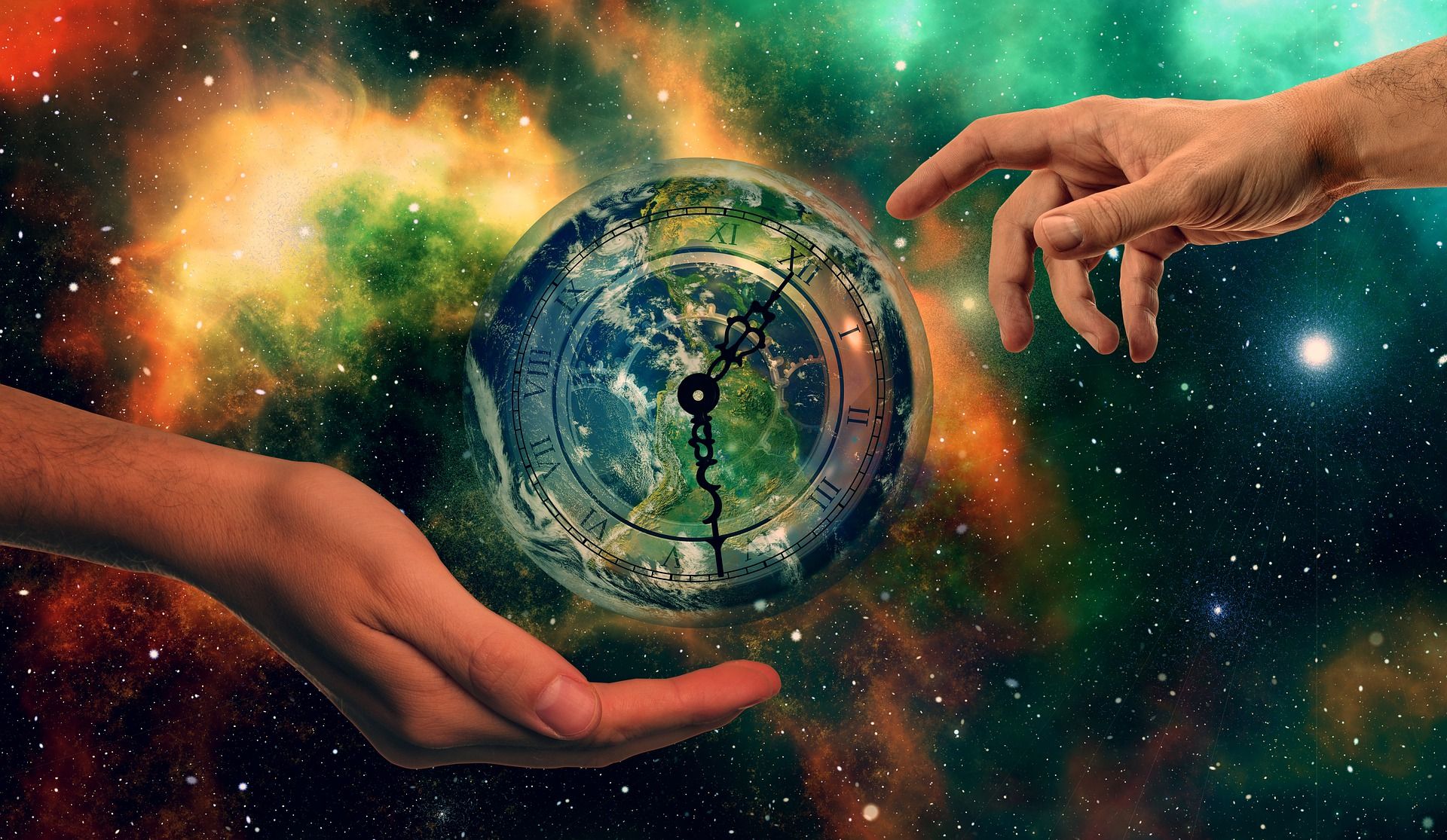
Book Notes:
“Moment by moment and day by day, you can make your life your own.”
“With the average person spending four-plus hours a day on their smartphone and another four-plus hours watching TV shows, distraction is quite literally a full-time job."
“Being more productive didn’t mean I was doing the most important work; it only meant I was reacting to other people's priorities faster."
“Something magic happens when you start the day with one high-priority goal."
“Each day’s goal is ambitious, but it’s just one thing.”
“Perfection is a distraction - another shiny object taking your attention away from your real priorities."
“We do not remember days, we remember moments.”
-Cesar Pavese
“One of our goals with Make Time is to steer you away from the impossible vision of perfectly planned days and toward a life that's more joyful and less reactive. That means doing some things just because you like doing them."
“You only waste time if you’re not intentional about how you spend it.”
“Don’t assume there's a good reason behind the length of every meeting or the time of day it shows up on your calendar or even why you were invited. Office schedules aren't formed by some grand design; they congeal organically, like pond scum. It's okay to clean things up."
“Each time one service rolls out an irresistible new feature or improvement, it ups the ante for its competitors. If one app or site or game doesn't keep you riveted, you've got an infinite number of options two taps away. Everything is up against everything else all the time. It's survival of the fittest, and the survivors are damn good."
“We’ve been inside those companies, and they're inhabited by well-meaning nerds who want to make your days better. For the most part, the nerds are doing just that, because the best of modern technology is remarkable, and delightful, and it does make our lives more convenient and more fun. When we use our smartphones to navigate an unfamiliar city, or have a video call with a friend, or download an entire book in mere seconds, it's like having superpowers."
“And yet it would be a relief in a way not to be bothered with it any more...Sometimes I have felt like it was an eye looking at me...I found I couldn't rest without it in my pocket."
-Bilbo Baggins
“First, delete Facebook, Instagram, Twitter, SnapChat, and so on (including whatever else has been invented since we wrote this). Don't worry. If you change your mind later, it is very easy to install these apps again. Anything with an infinite supply of interesting content should be deleted. This includes games, news apps, and streaming video like YouTube. If you might refresh it obsessively and/or lose hours without meaning to, get rid of it."
“Notifications are not your friends. They’re nonstop attention thieves.”
“A blank home screen provides a tiny moment of quiet every time you use your phone. It's an intentional inconvenience, a small pause - a speed bump keeping distraction one step away. If you unlocked your phone reflexively, a blank home screen offers you a moment to ask yourself, 'Do I really want to be distracted right now?'"
“If you wear a watch, you can keep your smartphone out of sight. And when it's out of sight, it's easier to ignore."
“When you wake up in the morning, whether you slept for five hours or ten, you've had a nice long break from the Busy Bandwagon and the Infinity Pools. This is a golden moment. The day is fresh, your brain is rested, and you have no reason to feel distracted yet. No news items to stress about, no work emails to stew over.
Savor it. Don't reach for email, Twitter, Facebook, or the news right away. It's very tempting to do a check-in first thing in the morning and get the latest updates; after all, something in the world always changes overnight. But as soon as you fire up that screen, you start a tug-of-war of attention between the present moment and everything out there on the Internet.
Put it off. The longer you postpone the morning check-in - until 9am, 10am, or even after lunch - the longer you preserve that feeling of rested calm and the easier it is to get into Laser mode."
“The whole concept of breaking news runs on a very potent myth: You need to know what's going on around the world, and you need to know now. Smart people follow the news. Responsible people follow the news. Grown-ups follow the news. Don't they?
We've got some breaking news of our own: You don't need to follow the daily news. True breaking news will find you, and the rest isn't urgent or just doesn't matter.
To see what we mean, check out today's newspaper. Or go to your favorite news website. Look at the top headlines and think critically about each one. Will that headline change any decisions you make today? How many of those headlines will become obsolete by tomorrow, next week, or next month? How many of those headlines are designed to provoke anxiety?
'If it bleeds, it leads' is a newsroom cliche, but it's true. Most news is bad news, and none of us can shrug off the nonstop bombardment of stories about conflict, corruption, crime, and human suffering without it taking a toll on our mood and our ability to focus.
Even once-a-day news is a persistent, anxiety-provoking, outrage-inciting distraction. We're not saying you have to cut yourself off completely. Instead, we suggest reading the news weekly.
Anything less frequent is likely to make you feel like you're at sea, unmoored from human civilization. Anything more frequent and you'll feel fogged in, able to focus only on what's in front of you. That fog can easily obscure the important activities and people you want to prioritize."
“Reacting to what’s in front of you is always easier than doing what you intend.”
“Even on an airplane, you have to change a couple of defaults to make time. First, if your seat has a screen, turn it off when you sit down. Second, if your airplane has Wi-Fi, don't pay for it. Make these two choices at the beginning of your flight, fasten your safety belt, and enjoy Laser mode at 35,000 feet."
“You can find browser extensions and other apps to limit your time on specific sites or to disable everything for a predetermined length of time."
“Ask a brave friend to change your Wi-Fi password and keep it secret from you for twenty-four hours."
“Every time you check your email or another messaging service, you're basically saying, 'Does any random person need my time right now?' And if you respond right away, you're sending another signal both to them and to yourself: 'I'll stop what I'm doing to put other people's priorities ahead of mine no matter who they are or what they want.' Spelled out, this sounds insane. But instant-response insanity is our culture's default behavior."
“Of course, when you limit your email time or increase your response time, you may need to manage the expectations of your colleagues and others. You could say something like this: 'I'm slow to respond because I need to prioritize some important projects, but if your message is urgent, send me a text.'
This message can be conveyed in person, via email, or even as an autoresponse or signature. The wording is carefully designed. The justification 'I need to prioritize some important projects' is eminently reasonable and sufficiently vague.
The offer to respond to text messages provides an in-case-of-emergency plan, but because the threshold for texting or calling is higher than it is with chat and email, you'll probably be interrupted much less often."
"You don’t have to give up television, but if you find it hard to reduce your hours, you might want to get extreme and try going cold turkey for a month. Unplug the TV, put it in the closet, or take it to a storage locker ten miles away and hide the key. Do whatever you have to do - just go without for a month.
When the month is up, think about everything you did with that extra time and decide how much of it you want to give back to your TV."
“The closed door is your way of telling the world and yourself that you mean business."
-Stephen King
“Shifting your focus to something that your mind perceives as a doable, completable task will create a real increase in positive energy, direction, and motivation."
-David Allen
“Stare at the blank screen, or switch to paper, or walk around, but keep your focus on the project at hand. Even when your conscious mind feels frustrated, some quiet part of your brain is processing and making progress. Eventually, you will get unstuck, and then you'll be glad you didn't give up."
“If you want energy for your brain, you need to take care of your body.”
“What you do every day matters more than what you do once in a while."
-Gretchen Rubin
“Research shows that the most important cognitive, health, and mood benefits of exercise can be attained in just twenty minutes."
“The energy and mood boost from exercise last about a day, so to feel good every day, get some exercise every day. As an added bonus, daily habits are easier to keep than sometimes habits."
“Don’t stress about perfection. If you manage to exercise only four out of seven days this week, hey, four is better than three! If you don't feel up for a twentyish-minute workout today, get out there for ten. Sometimes a ten-minute walk or run or swim will turn into twenty or longer because it feels so great - you won't want to stop once you start moving. Other times, it'll just be ten minutes, and that's cool, too. It's better than zero, and you still get an energy boost."
“Knowing all this, Ryan devised a perfect system that allowed him to enjoy as much coffee as possible, maintain steady energy, and not fry his nerves or disrupt his sleep. In the end, his personalized formula, backed by science and proven by experience, was crazy simple:
*Wake up without caffeine (in other words, get out of bed, eat breakfast, and start the day without any coffee)
*Have the first cup between 9:30 and 10:30am.
*Have the last cup between 1:30 and 2:30pm."
“In the morning, your body naturally produces lots of cortisol, a hormone that helps you wake up. When cortisol is high, caffeine doesn't do much for you (except for temporarily relieving your caffeine addiction symptoms). For most folks, cortisol is highest between 8am and 9am, so for ideal morning energy, experiment with having that first cup of coffee at 9:30am."
“The tricky thing about caffeine is that if you wait to drink it until you get tired, it's too late: the adenosine has already hooked up with your brain, and it's hard to shake the lethargy. We'll repeat that because it's a crucial detail: If you wait until you get tired, it's too late.
Instead, think about when your energy regularly dips - for most of us, it's after lunch - and have coffee (or your caffeinated beverage of choice) thirty minutes beforehand."
“A 2008 University of Michigan study compared the cognitive performance of people who had just taken a walk in the city with that of people who had just taken a walk in a park. The nature walkers did 20 percent better."
“It’s a cruel irony of modern life that we're surrounded by people yet more isolated than ever. This is a big deal, especially if you consider the findings from Harvard's 75-year Study of Adult Development: People with strong relationships are more likely to live long, healthy, fulfilling lives. We're not claiming that talking to strangers in the grocery store checkout line will help you live to be 100 - but spending time with people face-to-face can be a big energy booster."
"Even if it's only once a week, reach out to friends whom you admire, who inspire you, who make you laugh, who let you be yourself. Spending time with interesting, high-energy people is one of the best - and most enjoyable - ways to recharge your battery."
“When you eat without screens, you hit three of our five Energize principles at once. You're less likely to mindlessly shovel unhealthy food in your mouth, you're more likely to have an energizing face-to-face conversation with another human, and you're creating space in your day to give your brain a rest from its constant busyness. And all this while doing something you have to do anyway!"
“Sleeping late on weekends is basically like giving yourself jet lag: It confuses your internal clock and makes it even harder to bounce back from the original deficit. So just as you would when traveling to a different time zone, she recommends resisting the temptation to oversleep and trying to stick as closely as possible to your regular schedule."
“A 2013 study at the University of California, Santa Barbara found that students who meditated as little as ten minutes a day for two weeks improved their average GRE (Graduate Record Examinations, a super hard test) verbal scores from 460 to 520. That's a pretty awesome brain boost for a pretty minimal effort."
“Changing defaults isn’t always easy, so it's helpful to look back on the day through a grateful lens. Quite often you'll find that even if lots of things didn't go your way, your hard work of making time still paid off with a moment you're grateful for. When that happens, the feeling of gratitude becomes a powerful incentive to do the steps again tomorrow."
“There’s an invisible premise behind Make Time: You're already close. Small shifts can put you in control. If you reduce a few distractions, increase your physical and mental energy just a bit, and focus your attention on one bright spot, a blah day can become extraordinary.
It doesn't require an empty calendar - just sixty to ninety minutes of attention on something special. The goal is to make time for what matters, find more balance, and enjoy today a little more."
“I’m always more diligent when somebody's watching, even when that somebody is me."
“Do not ask yourself what the world needs. Ask yourself what makes you come alive, and then go do that. Because what the world needs is people who have come alive."
-Howard Thurman
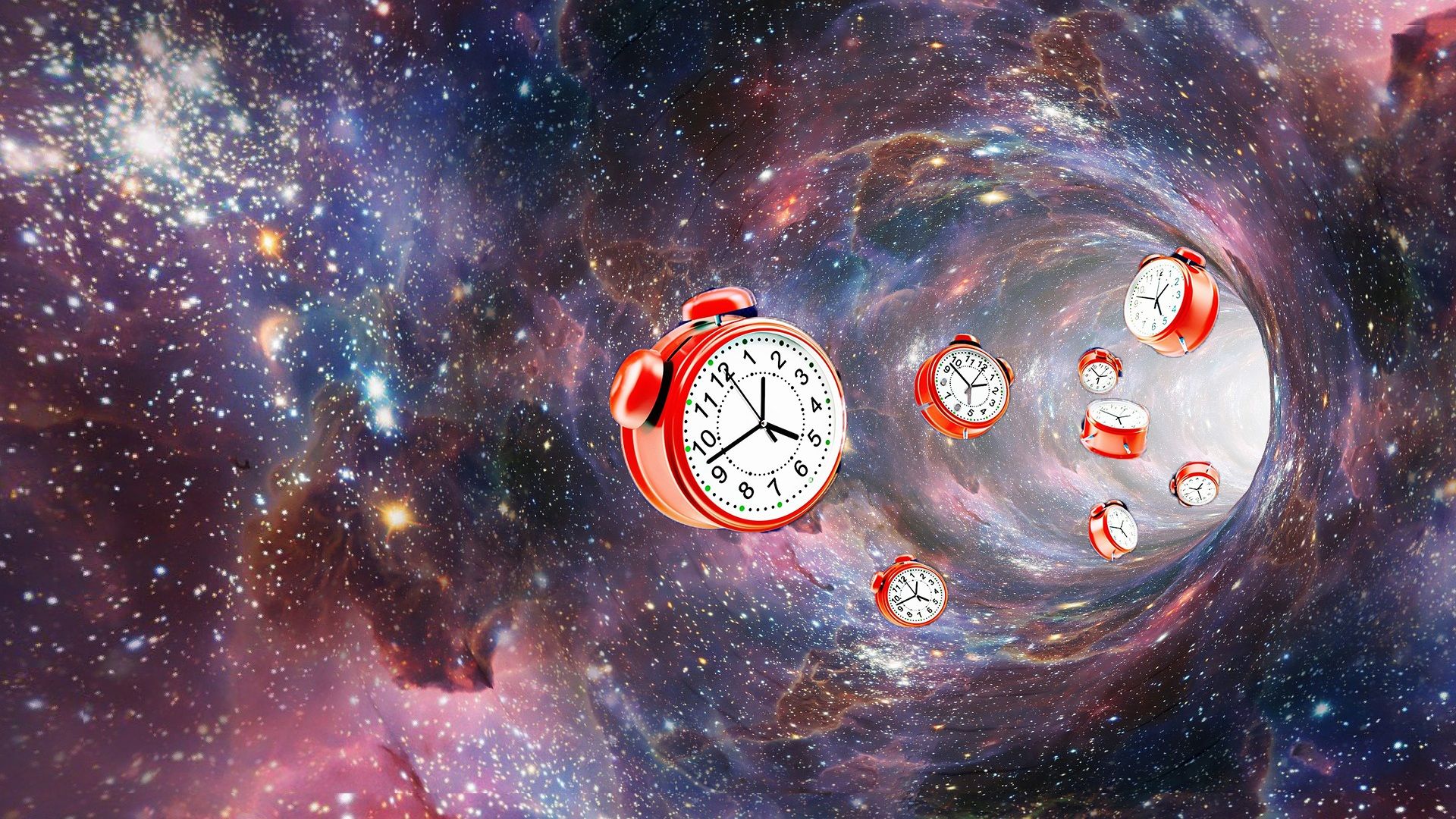
Important Insights from Related Books:
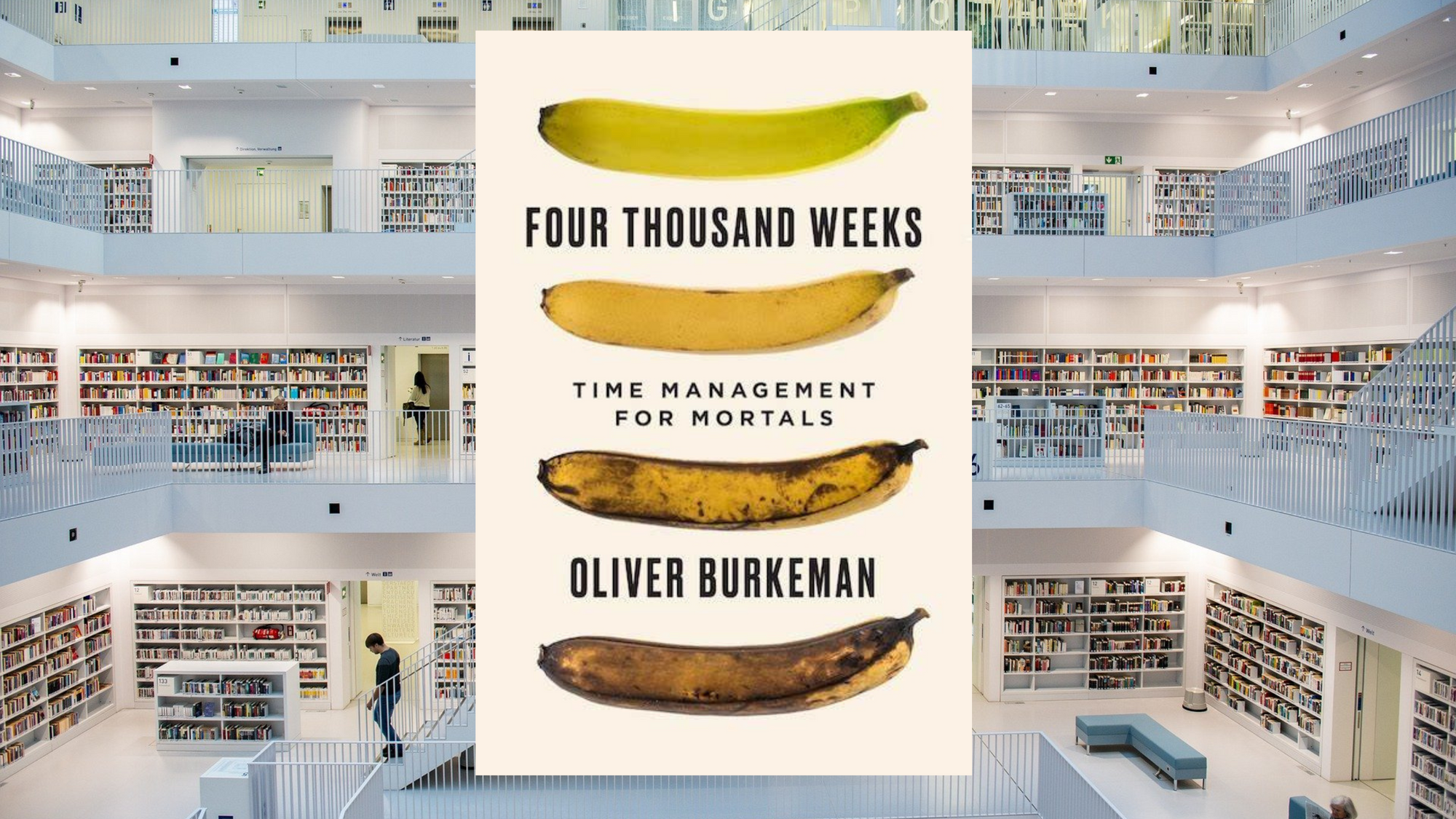
Four Thousand Weeks, by Oliver Burkeman:
Adam Grant said that this is the most important book ever written about time management, and I’m certainly inclined to agree. This is partly because Burkeman’s approach has always been the “negative” way, by which I mean operating by negation – eliminating rather than adding.
For example, his “negative” approach to happiness outlined in his earlier book, The Antidote, meant embracing suffering and doing things that are challenging, instead of running from them, which would have, paradoxically, led to more suffering over time. That book basically dealt with the famous question: Do you want an easy life? Or the strength to endure a difficult one?”
If you’re wise, you’ll take the strength every time! And here, in Four Thousand Weeks, where time management is concerned, Burkeman counsels giving up the idea of ever getting everything done.
He says that you’re never going to get to a point where you feel like you’re totally on top of everything; and the very effort is wearing us out, stressing us out, and leading us to waste our absurdly, terrifyingly short lives on trivia and nonsense.
Sample Quotes from the Book:
“The average human lifespan is absurdly, terrifyingly, insultingly short...But you? Assuming you live to be eighty, you’ll have had about four thousand weeks.”
“The world is bursting with wonder, and yet it’s the rare productivity guru who seems to have considered the possibility that the ultimate point of all our frenetic doing might be to experience more of that wonder.”
“It turns out that when people make enough money to meet their needs, they just find new things to need and new lifestyles to aspire to; they never quite manage to keep up with the Joneses, because whenever they’re in danger of getting close, they nominate new and better Joneses with whom to try to keep up.
As a result, they work harder and harder, and soon busyness becomes an emblem of prestige. Which is clearly completely absurd: for almost the whole of history, the entire point of being rich was not having to work so much.”
Read the Full Breakdown: Four Thousand Weeks, by Oliver Burkeman
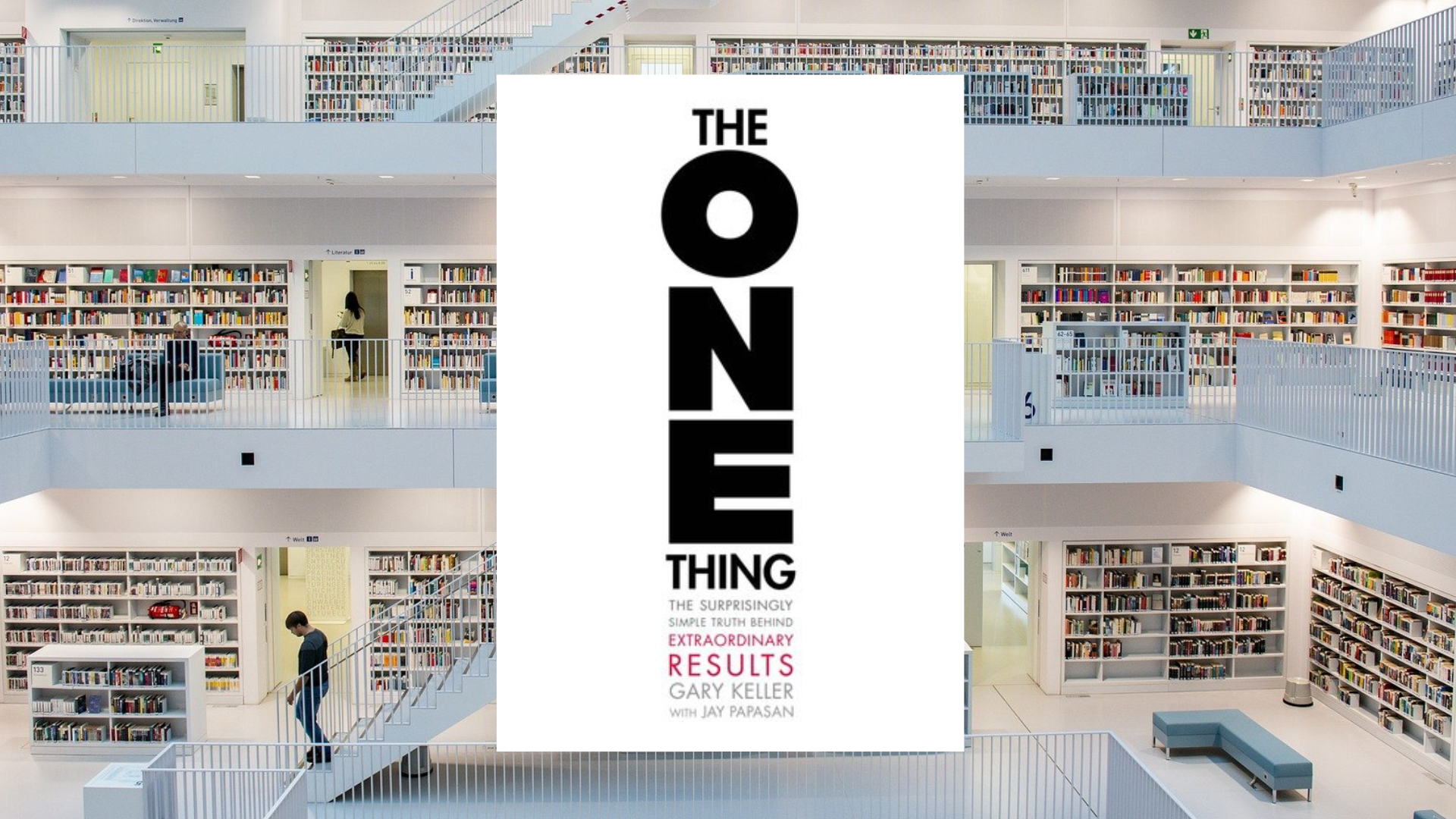
The ONE Thing, by Gary Keller:
Thousands of years ago, Socrates said that the way to get to Mount Olympus was to make sure that every step you take is in that direction.
Instead of Mount Olympus (which was ancient Greek "Heaven" basically, where all the gods hung out), we can input our biggest goals and our most important work - what we want our lives to actually be about.
Similar sentiments have been expressed throughout history, such as in the Tao Te Ching, written by Lao Tzu more than 2,500 years ago. He's the one who said that a journey of a thousand miles begins with a single step.
Certainly, this idea didn't originate with Gary Keller, and it may seem strange to put the names of Socrates, Lao Tzu, and Gary together in the same sentence, but the idea of the ONE Thing is an exceptionally powerful one.
Keller argues that the key to achieving extraordinary success in life is to focus every single day, every single moment, on your ONE Thing: that one thing that, if you did it, would make everything else either easier or unnecessary, and that would propel you toward your most important goal.
The choice here is between traveling a mile in a thousand different directions, or traveling 1,000 miles in one direction.
Sample Quotes from the Book:
"What’s the ONE Thing that I can do, such that by doing it, everything else would be either easier or unnecessary?"
"Where I’d had huge success, I had narrowed my concentration to one thing, and where my success varied, my focus had too."
"You do the right thing and then you do the next right thing. Over time it adds up, and the geometric potential of success is unleashed. The domino effect applies to the big picture, like your work or your business, and it applies to the smallest moment in each day when you're trying to decide what to do next.
Success builds on success, and as this happens, over and over, you move toward the highest success possible.
When you see someone who has a lot of knowledge, they learned it over time. When you see someone who has a lot of skills, they developed them over time. When you see someone who has done a lot, they accomplished it over time. When you see someone who has a lot of money, they earned it over time.
The key is over time. Success is built sequentially. It's one thing at a time."
Read the Full Breakdown: The ONE Thing, by Gary Keller

Essentialism, by Greg McKeown:
The main thrust of Essentialism (both the book and the idea itself) is that almost everything is completely worthless.
Discerning the "vital few" from the "trivial many" is going to be one of the most in-demand skills in the economy of the future, and those who can do this well are going to reap the majority of the rewards and experience the highest possible meaning in their lives, while the rest of us are drowning in distraction.
If it's true that most things don't mean anything, it can also be said that life is a patient search for what does mean something.
What's truly essential in life is hidden amid all the mess and confusion of modern life, and once you do discover what is essential, it's then time to go all in. That's what McKeown's book can help you do.
Sample Quotes from the Book:
“If you don’t prioritize your life, someone else will.”
“The overwhelming reality is: we live in a world where almost everything is worthless and a very few things are exceptionally valuable."
“Ask the more essential question that will inform every future decision you will ever make: 'If I could be truly excellent at only one thing, what would it be?'"
Read the Full Breakdown: Essentialism, by Greg McKeown
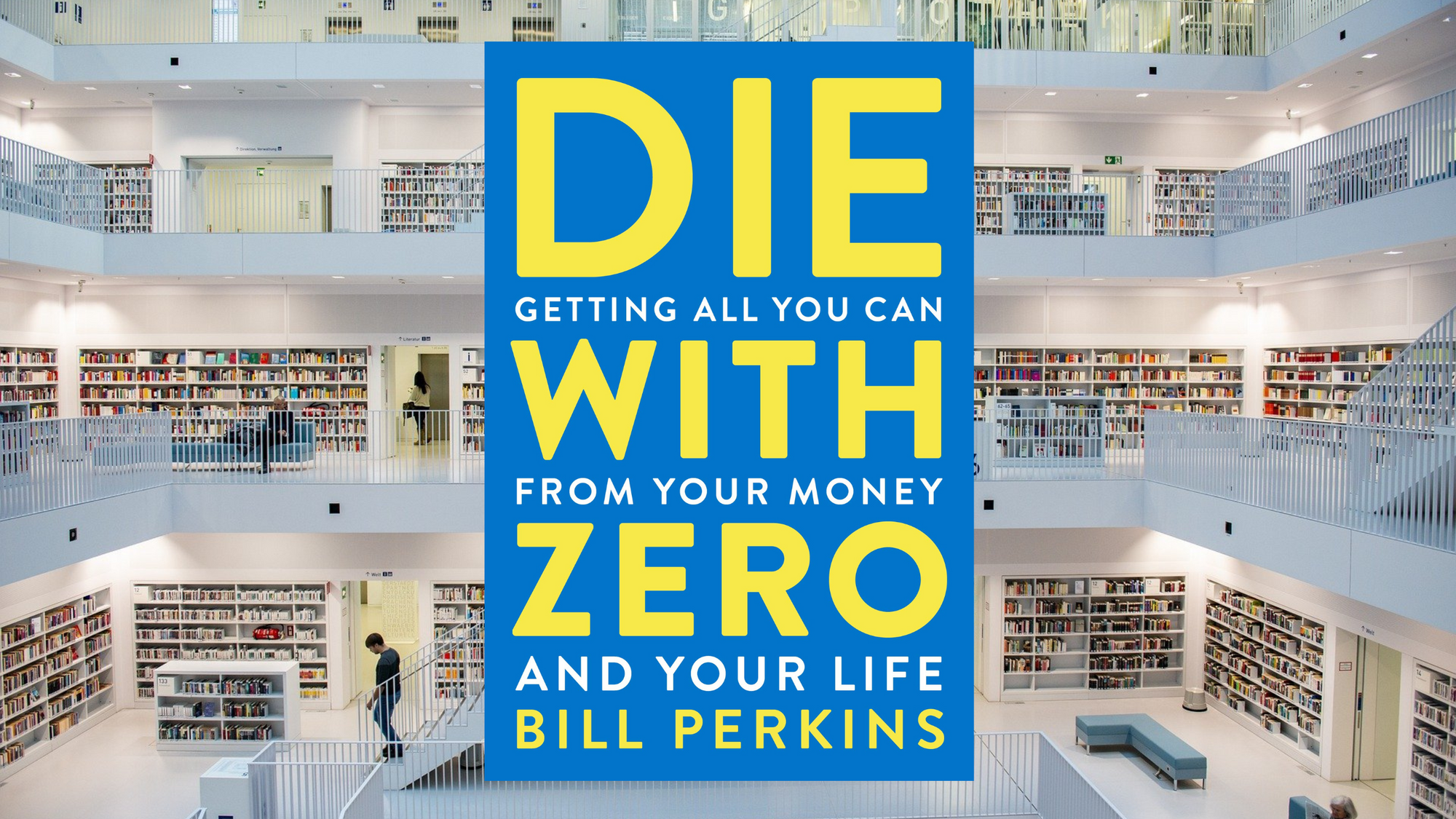
Die with Zero, by Bill Perkins:
Net worth is out; net fulfillment is in. Legendary energy trader Bill Perkins realized early on that it makes exactly zero sense working to make money that you'll never spend or enjoy, and that what matters most in life is to maximize your fulfillment from experiences, not stacking up wads of cash that you'll be too old and sick to spend.
He suggests optimizing for memories, fulfillment, and peak experiences, rather than wealth for its own sake. It's a delicate balance - planning exactly how you will spend your time and money to achieve the highest possible life satisfaction you can with the resources you have available.
Essentially, the book is about maximizing your life experiences across time, which means balancing time, money, and health, throughout your lifespan. Sometimes, it absolutely makes sense to trade time for money, but ruining your health for the sake of money is usually a horrible investment!
Our choices today - our effectiveness at maximizing our time, our money, and our health - shape our possibilities later on in life, and if we're sincere about making this life everything it could be, today's the day to make it happen.
Sample Quotes from the Book:
“Just realize that time moves in only one direction and that as it passes it sweeps away opportunities for certain experiences forever. If you keep that in mind as you plan your future, you’ll be more likely to make the best use of every year of time in your life.”
“In fact, some of these memories, upon repeat reflection, may actually bring more enjoyment than the original experience itself. So buying an experience doesn’t just buy you the experience itself – it also buys you the sum of all the dividends that experience will bring for the rest of your life.”
“This kind of blanket denial explains why so many people are willing to spend tens or even hundreds of thousands of dollars to prolong life for just a few more weeks. Think about it: That’s money that they spent years or decades working hard for. They gave up years of their life while healthy and vibrant to buy a few extra weeks of life when they are sick and immobile. If that’s not irrational, I don’t know what is!”
Read the Full Breakdown: Die with Zero, by Bill Perkins
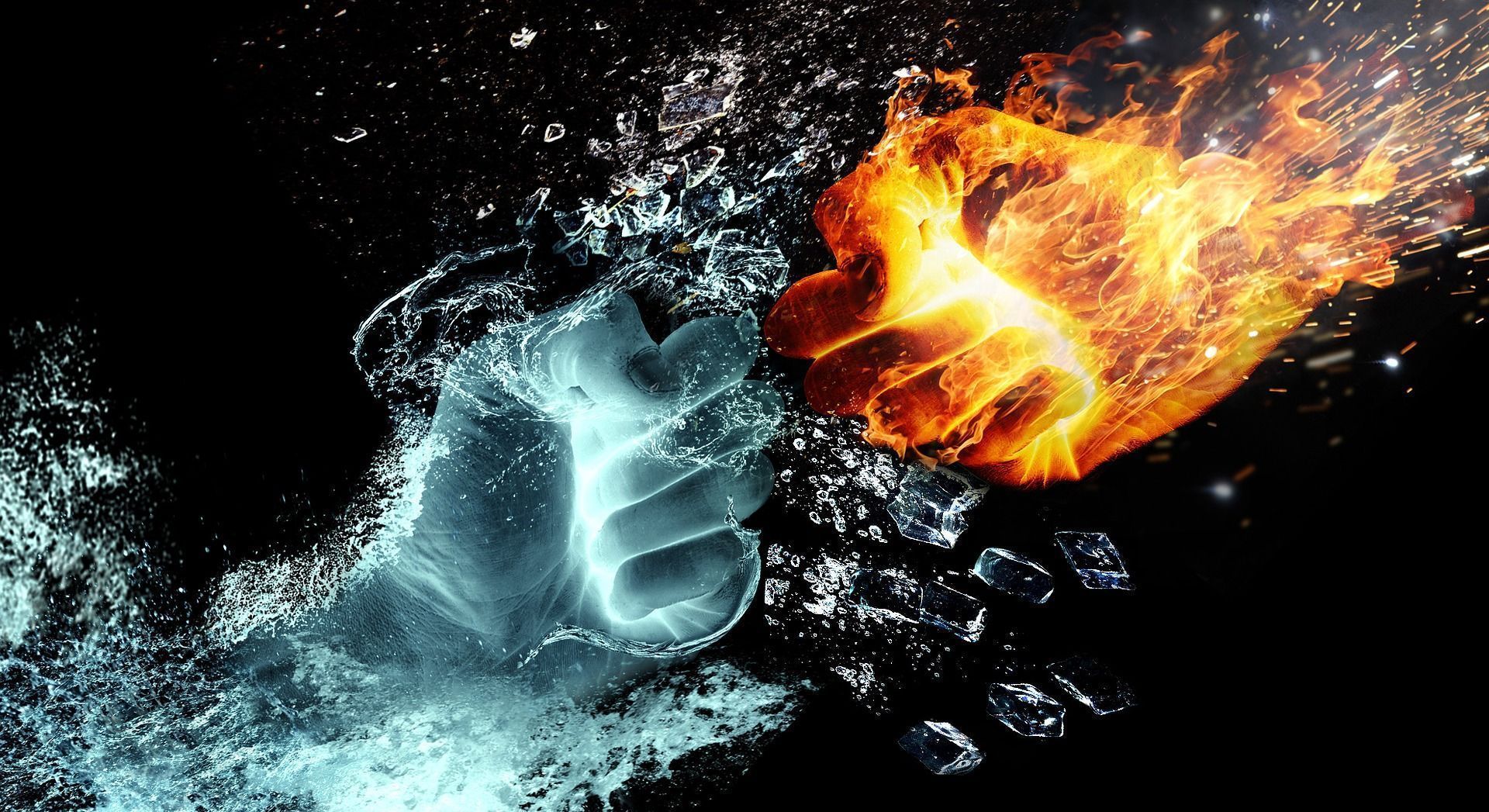
The View from the Opposition:
No one's ideas are beyond questioning. In this section, I argue the case for the opposition and raise some points you might wish to evaluate for yourself while reading this book.
#1: Put on Your Own Oxygen Mask First
Every book like this one receives the same criticism, usually followed by a wave of 3-star reviews saying, in effect, "That's fine for you to say! You have more control over your workday than most people do," or something along those lines.
The implication is that it's somehow self-indulgent to write a book like this when many people can't just "explain" to their boss that they won't be answering emails after 5pm, or shut the door to their office for an hour and ignore everyone while they work on what they deem important. Such reviewers certainly have a point, but I'd like to defend this book - and others like it - by responding to a few key points.
The first is that the work world is incredibly diverse, and it's also changing all the time, with more people gaining more control over how and where they work than ever before.
Enough people do have the option of getting a little creative, and most importantly proactive, with how they deal with distraction - certainly enough to warrant writing a whole book about it with the expectation that it will be useful to a large pool of people.
No, it's not going to apply to everyone's situation, but you can't write a book for "everyone." You can only write a book for someone. That someone may or may not be you, but there are huge numbers of people in the world to whom this book could be a genuine help.
Also, to the point of it being self-indulgent, I don't see it that way at all. You need to take care of yourself first if you ever hope to be able to help anyone else. You can't save a drowning person if you're drowning too, and there's a reason why airplane safety guides tell people to put on their own oxygen masks first.
You can't be a great parent, friend, spouse, volunteer, or employee if you're being yanked in all these different directions by distraction. The world faces big problems, and we each need to be at our best if we're going to have any hope of solving them.
So take care of yourself. Do everything you can to give yourself an edge and to make sure that you're doing okay. Then you're going to be in a perfect position to help others, either directly or by your example.
#2: It's Not Just You
“The truth is that you are living in a system that is pouring acid on your attention every day, and then you are being told to blame yourself and to fiddle with your own habits while the world's attention burns."
-Johann Hari, Stolen Focus
Have you ever heard the term cruel optimism? I had never come across it before reading about it in the spectacular book, Stolen Focus, by Johann Hari. Cruel optimism is basically when:
"You take a really big problem with deep causes in our culture - like obesity, or depression, or addiction - and you offer people, in upbeat language, a simplistic individual solution. It sounds optimistic, because you are telling them that the problem can be solved, and soon - but it is, in fact, cruel, because the solution you are offering is so limited, and so blind to the deeper causes, that for most people, it will fail."
I believe that the intentions of the authors of Make Time are pure and honorable, and it's a great book, but I also see an element of cruel optimism here as well. The reason why you're so distracted and why you can't focus is so multifaceted and layered that it just can't be adequately addressed in a productivity book.
As Johann Hari discusses in his book, there's of course the failure of multitasking and the switching costs involved in flitting from one task to the other; there's the interruption of flow; the increased workplace demands, etc. But there's so much more to the story, and there are several much larger forces actively chipping away at your ability to pay attention that you need to be aware of.
There's the profit motive of surveillance capitalism that I've mentioned elsewhere, of course. Every time you go to put your phone down, you're fighting against a thousand of the world's smartest engineers working night and day trying to stop you.
But there's also the increasingly sedentary lifestyle of workers in large cities; the wickedly unhealthy processed food that's full of sugar and sapping your energy levels all day; the deadly pollution everywhere that's literally killing your body's cells each and every day...
There are just so many reasons why you can't focus, and why you can't make time for the things that matter to you the most, and to suggest that you can fix this massive, global problem with 87 tactics from a 200-page self-help book absolutely qualifies as cruel optimism.
Now, that's not a reason not to read the book (I know, it sounds like I'm trashing Make Time, but I'm not). However, it's certainly something to keep in mind before you beat yourself up for not being able to focus. It's literally being stolen from you everywhere you turn.
"The test of a first-rate intelligence is the ability to hold two opposed ideas in the mind at the same time and still retain the ability to function.”
-F. Scott Fitzgerald

Questions to Stimulate Your Thinking:
The quality of your life is determined by the quality of your questions. That's also how you get the absolute most out of any book that you decide to read:
You ask great questions the whole time - as though the book was on trial for its life.
Here in this section are a few questions that can help guide and stimulate your thinking, but try to come up with your own additional questions, especially if you end up deciding to read this book the whole way through...
#1: "What defaults are you accepting blindly, and how could you begin to take charge of them and possibly change them?"
#2: “If, at the end of the day, someone asks you, 'What was the highlight of your day?' what do you want your answer to be?"
#3: "What is your 'distraction kryptonite?' Which Infinity Pool is your biggest nemesis?"
#4: "What happens in your mind when you do finally sit down and attempt to focus? Do you find it easy to settle in and find flow? Or does your mind immediately resist? Why do you think that is?"
#5: "What else is affecting your ability to focus that wasn't addressed in the book?"
#6: "How could you let someone close to you - or someone you work with - know that the ridiculous demands of the Busy Bandwagon are starting to become too much for you? Might they be relieved to know that it's not just them?"
#7: "Who or what are you making time for? Who or what is important enough to you that you've finally decided to take action and regain control of your focus?"
#8: "What is the largest time crater that you usually create in your day? Could you find a way to reduce the size of that crater or eliminate it altogether? If you did that successfully, how much time would you save?"
#9: "How long does it usually take you to settle into your work and enter a flow state? What were the conditions that were present that allowed you to enter that state before? Could recreate those conditions today?"
#10: "Which of the four Energize elements - sleep, diet, exercise, social connection - do you need the most help with? What's the smallest step you could take today in order to improve in that area?"
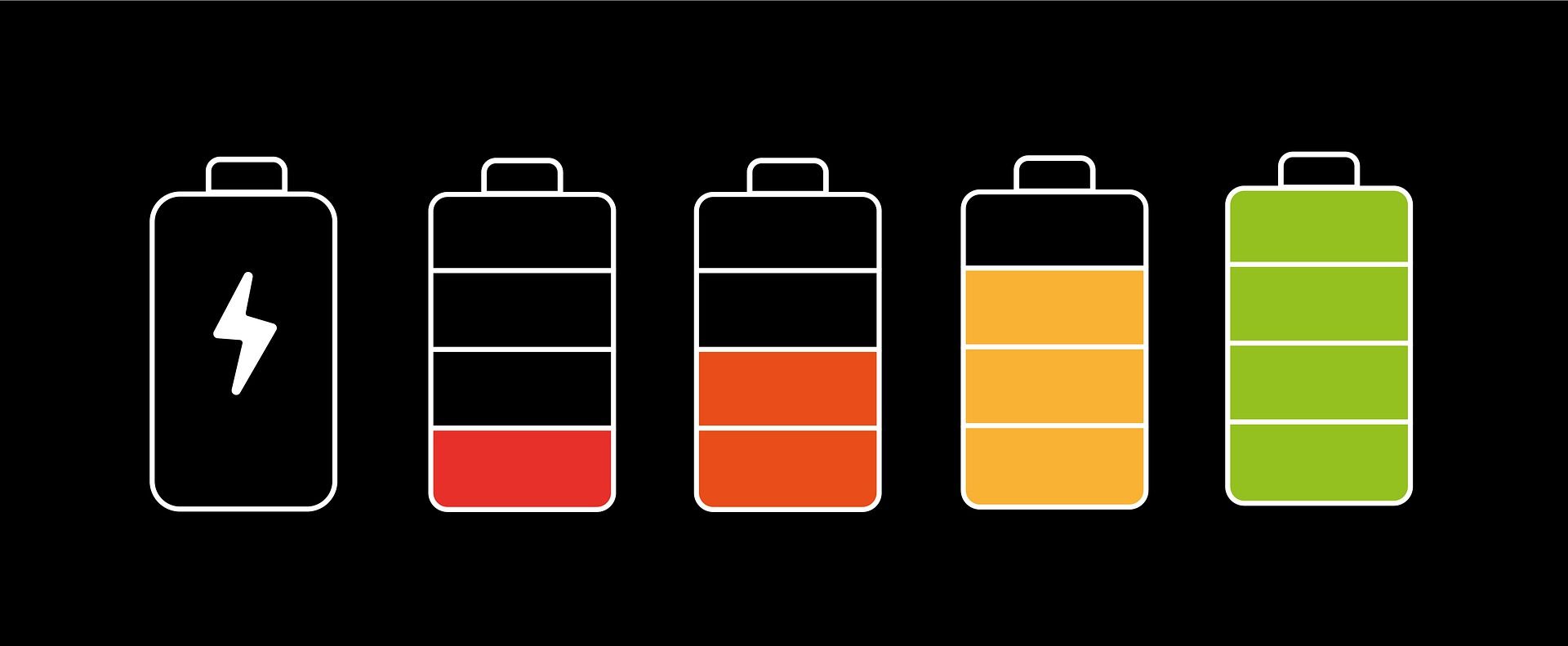
Action Steps:
So you've finished reading. What do you do now?
Reading for pleasure is great, and I wholeheartedly support it. However, I am intensely practical when I'm reading for a particular purpose. I want a result. I want to take what I've learned and apply it to my one and only life to make it better!
Because that's really what the Great Books all say. They all say: "You must change your life!" So here, below, are some suggestions for how you can apply the wisdom found in this breakdown to improve your actual life.
Please commit to taking massive action on this immediately! Acting on what you've learned here today will also help you solidify it in your long-term memory. So there's a double benefit! Let's begin...
A Quick-Start Guide:
It would be overwhelming to try to incorporate all 87 of these tactics into your life at once. It probably wouldn't even be a good idea. You can find a list of all of them here and here, and of course, in the actual book, but if you're looking for a "quick-start guide," here it is:
Step One: Schedule Your Highlight (Tactic #8). Pick one thing that you want to accomplish today - and only one thing - and dedicate the rest of today to making sure it gets done. No need to overcomplicate anything.
Step Two: Block Distraction Kryptonite (#24). Free yourself from one Infinity Pool, preferably the most powerful Pool that you have the most difficulty resisting. Remove the app, account, or browser from your smartphone. If it requires a password, log out. If it’s a website, block it.
Step Three: Pound the Pavement (#62). Go for a short walk around the block, or through a nearby park, etc. It doesn't have to be a full, intense workout - don't try to be a hero if you haven't worked out in a while. Just add a little bit of mood-boosting movement to your day.
Step Four: Reflect every evening for three days. Simply try the three tactics above, and at the end of each day, spend a few minutes thinking about how it went, and what you'd change or improve tomorrow.
That's it! It absolutely does not have to be complicated, and the more friction you can remove, the more steps you can eliminate, the better, and the easier you'll find it to incorporate these tactics into your life. Starting really is the hardest and most important part. Once you get going, now your only job is just not to stop!
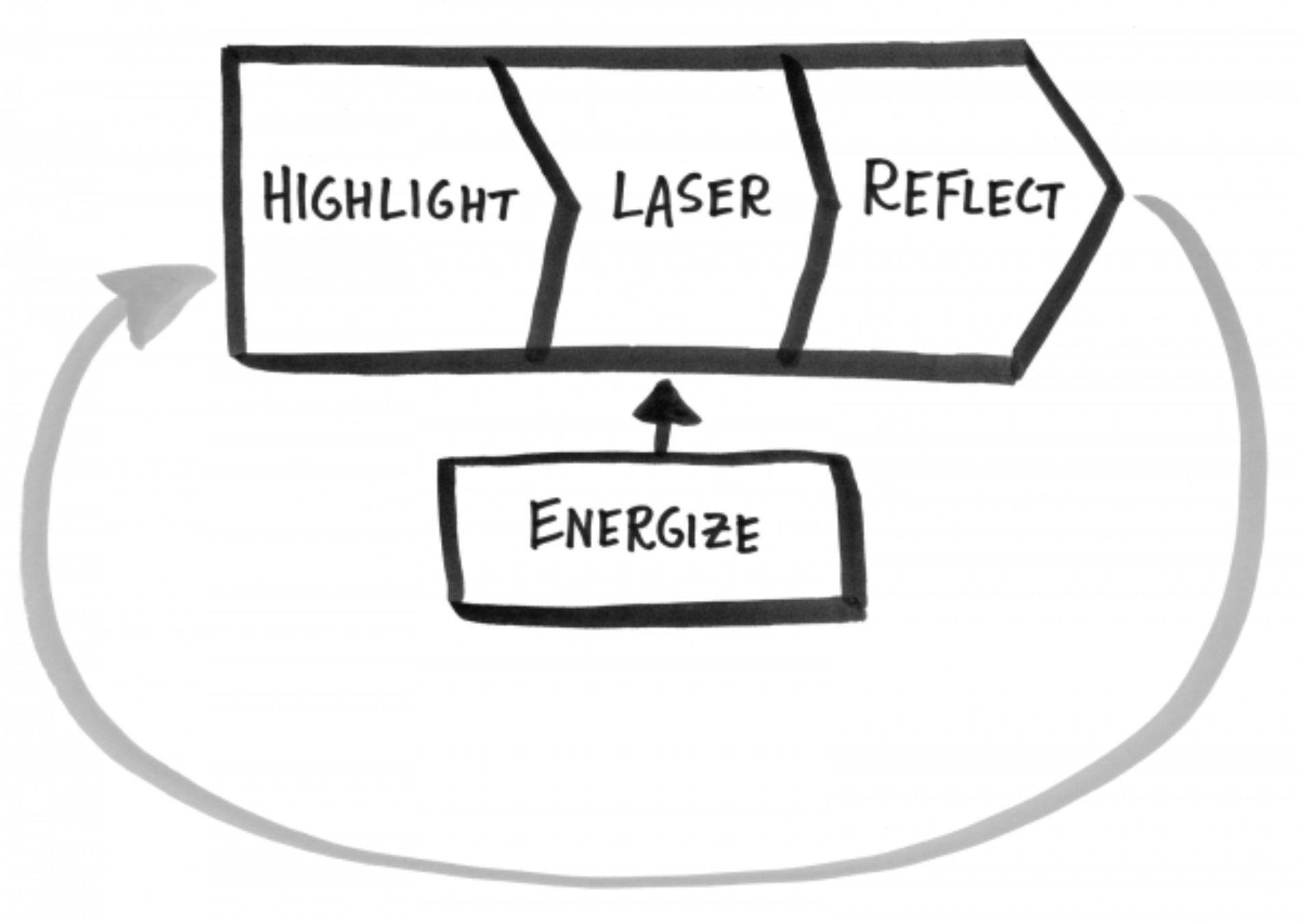
#1: Choose Your Highlight for Today
This really is one of the most important things you can possibly do for yourself each day. Having a focus, a direction, something that you're making time for lets you seize each day and helps you make the most of it.
The writer Annie Dillard said that "a schedule is a net for catching days," and so it's crucially important that your Highlight makes it onto your schedule and that you set aside a time when it is definitely going to get done.
A good general guideline for choosing a Highlight is that it should take you between 60-90 minutes, and it should be anything that's important to you, that you'd feel satisfied after having completed, and/or that's likely to bring you joy during the process of doing it. What will the Highlight of your day be today?
#2: Invent a Deadline
Deadlines are wonderful tools for inspiring action. Unfortunately, however, when they're imposed by someone else, when they're not under your control, or when they're unrealistic, they can be a source of extreme stress.
One way out of this is to set a deadline for yourself and to make beating that deadline into a kind of game that you play with yourself.
Parkinson's Law states that work will expand to fill the amount of time set aside to complete it, so if you give yourself less time to complete a task, you'll be forced to find a faster or more creative way of getting it done.
#3: Have a Real Conversation with Someone Who Lights You Up
Some people give you energy, and others drain your energy. You've probably noticed this in your life where, after speaking to some people, you feel energized and alive, positively motivated to get out there and enjoy life. And yet, there are other people who seem to have the opposite effect on you.
Seek out people from the first group, and spend as much time with them as you possibly can. Every day, try to have at least one 5-minute conversation with someone who makes you feel wonderful after hanging out with them, and then note your energy level afterward.
It can be tough to cut ties with the people in the second group - the complainers, the energy-suckers, and the misanthropes - and you should treat them well and with kindness; but note your energy levels after hanging out with people like that and see if you wouldn't prefer different company!

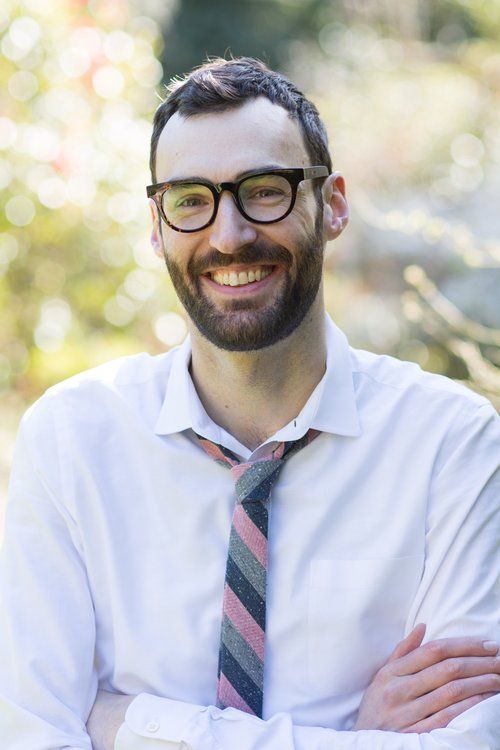

About the Authors:
Jake Knapp (left) is the inventor of the Design Sprint and a New York Times bestselling author.
Previously, Jake built products like Microsoft Encarta and Gmail and co-founded Google Meet. He has coached hundreds of teams at places like Miro, Slack, LEGO, IDEO, and NASA on product strategy and time management, and is a guest instructor at Harvard Business School.
Jake is a co-founder of Character Ventures, where he helps startups find product-market fit with Design Sprints. He also tries to work on new books when his kids are in school, but writing has mostly been a disaster during the pandemic. Jake is currently among the world’s tallest designers.
John Zeratsky (right) is a Co-Founder and General Partner at venture-capital firm Character, where he supports technology startups with capital and sprints. He’s the bestselling author of Sprint and Make Time, and has reached millions with articles in The Wall Street Journal, TIME, Harvard Business Review, Wired, Fast Company, and other outlets.
John is a former Design Partner at GV (Google Ventures), where he developed the Sprint method and supported many of GV’s most successful investments, including Slack, One Medical Group, Flatiron Health, Blue Bottle Coffee, and Gusto. Previously, John was a design leader for YouTube, Google Ads, and FeedBurner, which was acquired by Google in 2007.
John studied journalism at the University of Wisconsin and graduated from the UW School of Human Ecology, where he’s now an advisor to the Dean and faculty. Originally from small-town Wisconsin, John has lived in Chicago and San Francisco with his wife Michelle. They spent 18 months traveling in Central America aboard their sailboat Pineapple before moving to Milwaukee in 2019.
Additional Resources:
Make-Time.blog | Official Website
The Highlight Course | A Five-Week Program
List of Tools and Resources from Make Time
My Favorite Productivity Book | Ali Abdaal | YouTube
Make Time | Mind Map Summary | YouTube
This Book on Amazon:
Make Time, by Jake Knapp and John Zeratsky
If You Liked This Book:
Four Thousand Weeks, by Oliver Burkeman
